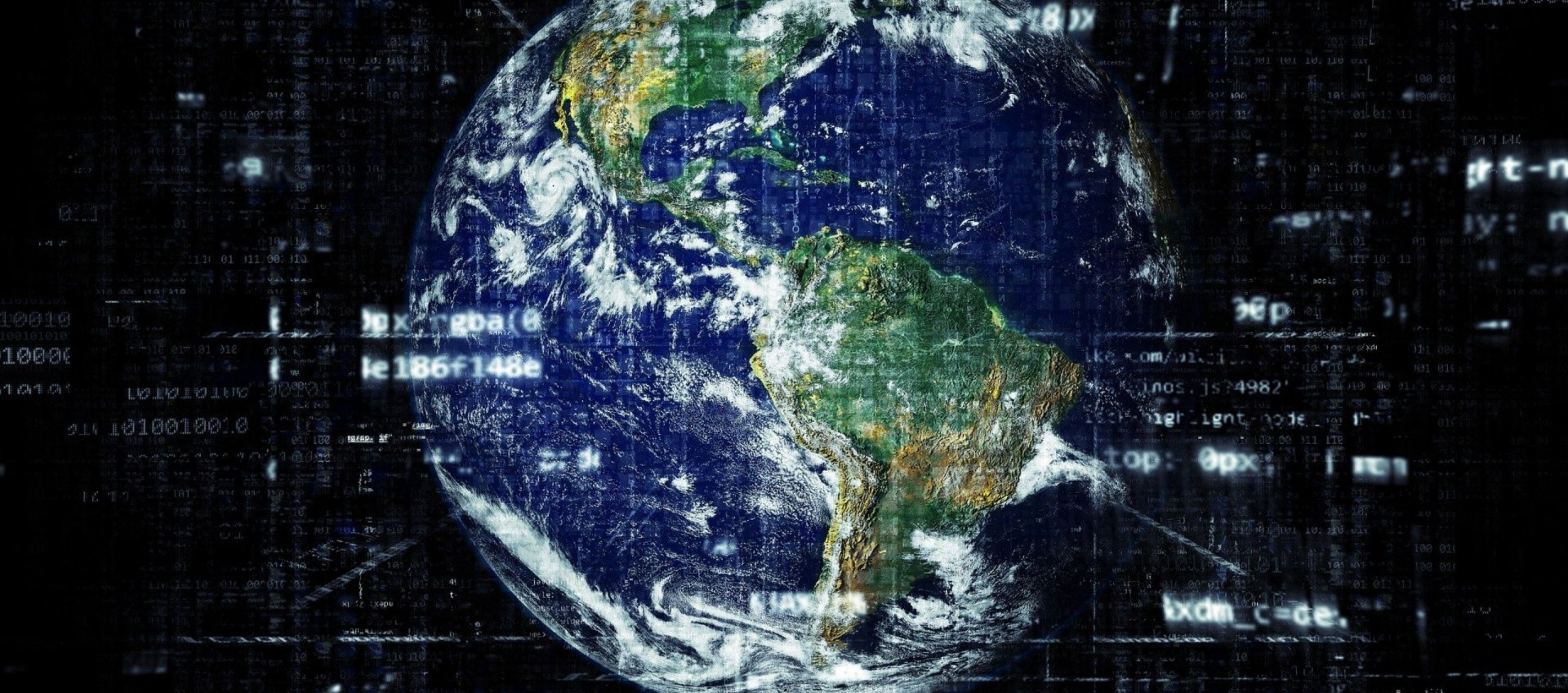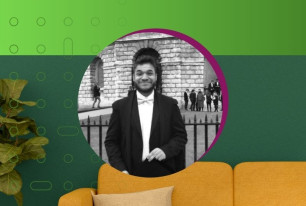Parlez-Vous Global? A Vital Component to a Culturally Relevant Assessment
Why linguistic expertise, state-of-the-art technology, and scientific excellence are the key to speaking the world’s language.
Share
Global mobility coupled with technological advancements mean that recruitment programs are progressively multicultural, with international talent pools ever widening. While this is exciting, it poses the question of how to fairly and accurately assess the global workforce, since people speak different languages, behave differently, and hold different cultural values and attitudes from country to country. In response, we developed a ‘culture first’ approach to content design and localization combining linguistic expertise, cutting edge translation technology and scientific excellence to ensure a fair and positive assessment experience, regardless of which corner of the globe candidates are located.
Linguistic Optimization
We develop content with an international mindset; culturally sensitive topics are avoided, behaviors that vary significantly between cultures are positioned contextually to avoid ambiguity and linguistic expertise is applied to ensure that our content is written as clearly as possible. This provides the basis for the best possible translation. The objective is to ensure that when the assessment is used in a different culture to the one in which it was written, it measures the same construct in both. When this is achieved, we can be sure that performance differences reflect true differences on the construct measured rather than cultural differences in how people comprehend and reason with the information in the assessment.
We developed a ‘culture first’ approach to content design and localization.
Translation Technology
Our translation process is driven by talented linguists, powered by technology. The most impactful form of translation technology to date has been the translation memory, and SHL uses a state-of-the-art version of this software. Every word of translated assessment content, sales and marketing collateral, platform and website text, customer contact, legal and other materials, is captured in a vast database. For every translation project, the software retrieves content that has previously been translated (and reviewed, revised and approved by internal SMEs), ensuring consistency in translated terminology across our product content and business materials.
While translation memories remain a valuable tool for the translator, advancement in translation technology has recently taken us into the realms of translation AI. Following significant advancement in the capability of machine translation software, research shows that we are on the edge of something very exciting! But first, let’s address a myth.
“Sounds Like Google Translate”
People are quick to blame a clumsy translation on a machine translation engine such as Google Translate, but these people probably haven’t used one recently! What was once the curse word of the translation industry is fast becoming the latest tool at a translator’s fingertips. Machine translation engines used to rely on phrase-based approaches which led to literal, unnatural sounding translations. They now use neural networks to search and retrieve phrases that have already been successfully translated, resulting in a far more natural translation.
But let’s not get carried away! Technology is smart, but caution should be applied when implementing machine learning to human traits like personality, motivation, and cognitive ability, which are measured by our world-class assessments. Therefore, we apply a human post-editing stage to ensure the science behind our products has been captured accurately.
Caution should be applied when implementing machine learning to human traits like personality, motivation, and cognitive ability.
But How Do We Know It Works?
Research! SHL is a technology company, but scientific rigor is at the heart of everything we do. We have carried out extensive research into the feasibility of implementing translation technology into various stages of our localization process, and we only apply the technology for content types and language pairs where we have found strong evidence of machine learning benefitting the process.
The Science Bit…
We place great importance on robust data collection methodology and rigorous quantitative checks on our localized assessments, checking measurement equivalence from multiple angles. We do this to ensure that candidates taking different language versions of the same instrument can be compared fairly, and to be able to say with confidence that our products are truly international; fit for purpose in other cultures and free from cultural, behavioral and linguistic bias.
Whether our process is human-led, machine-led, or somewhere in-between, delivering outstanding quality language versions of our assessments is always our top priority.
Click here to learn more about our assessments!








